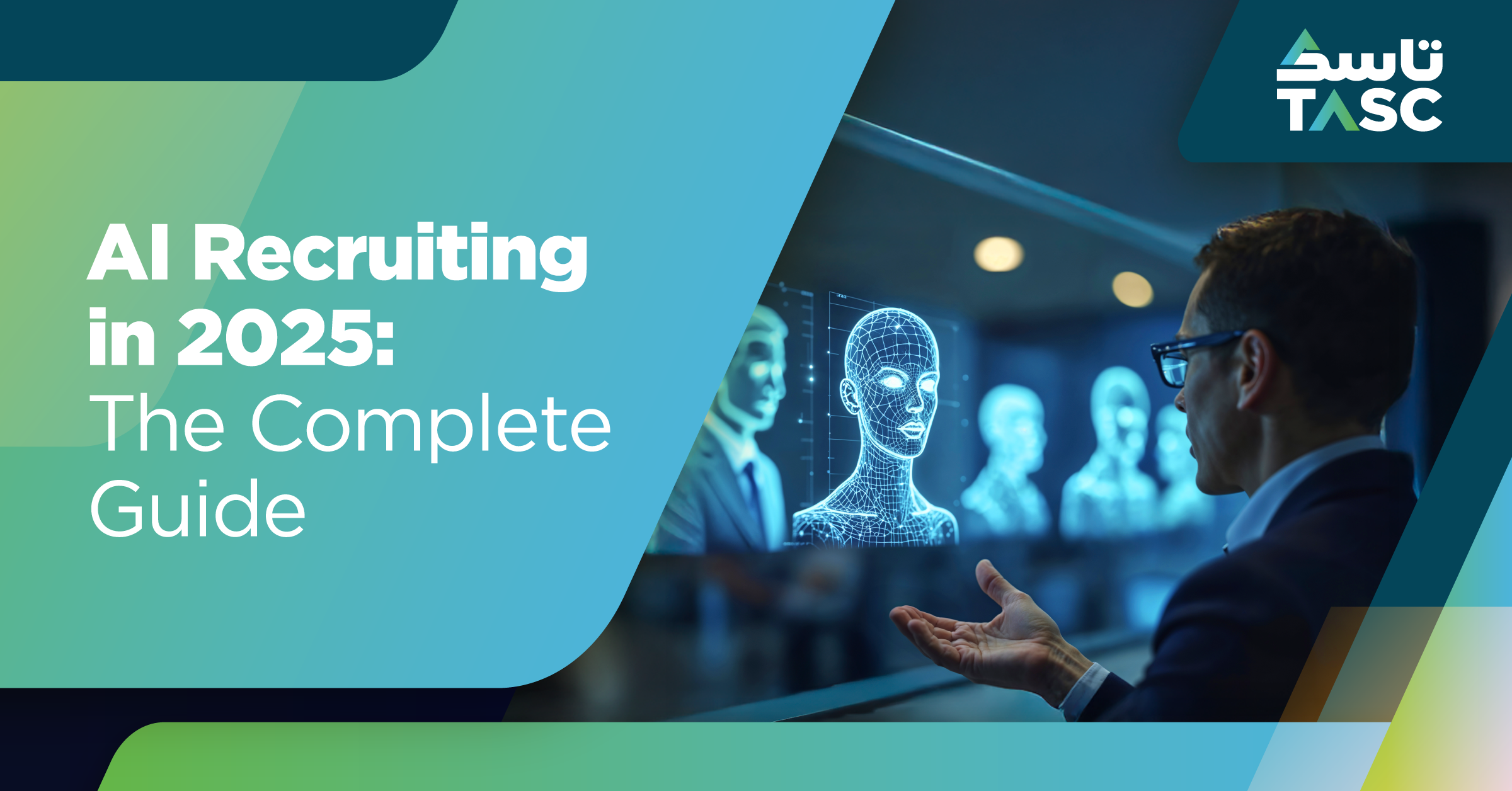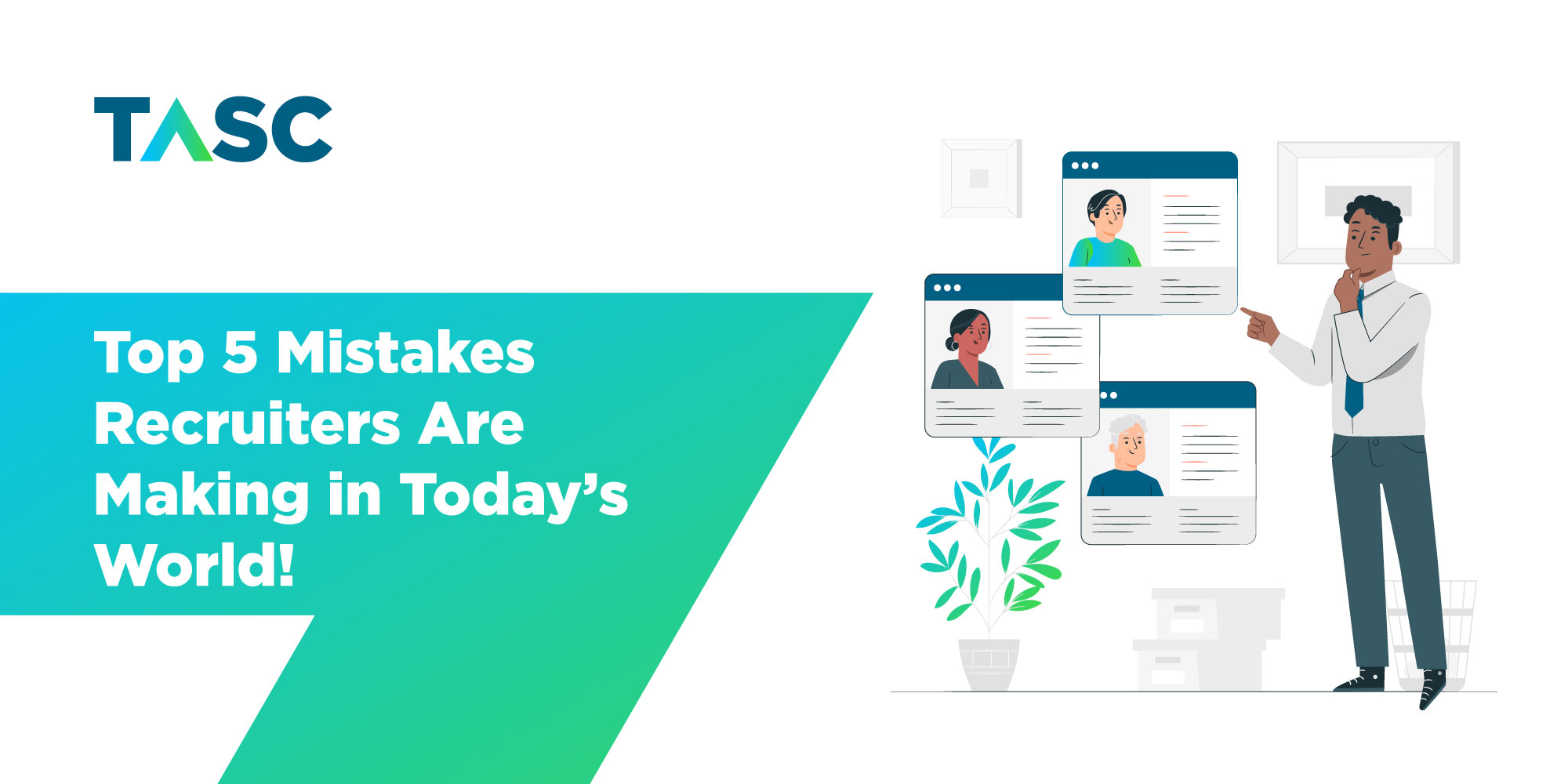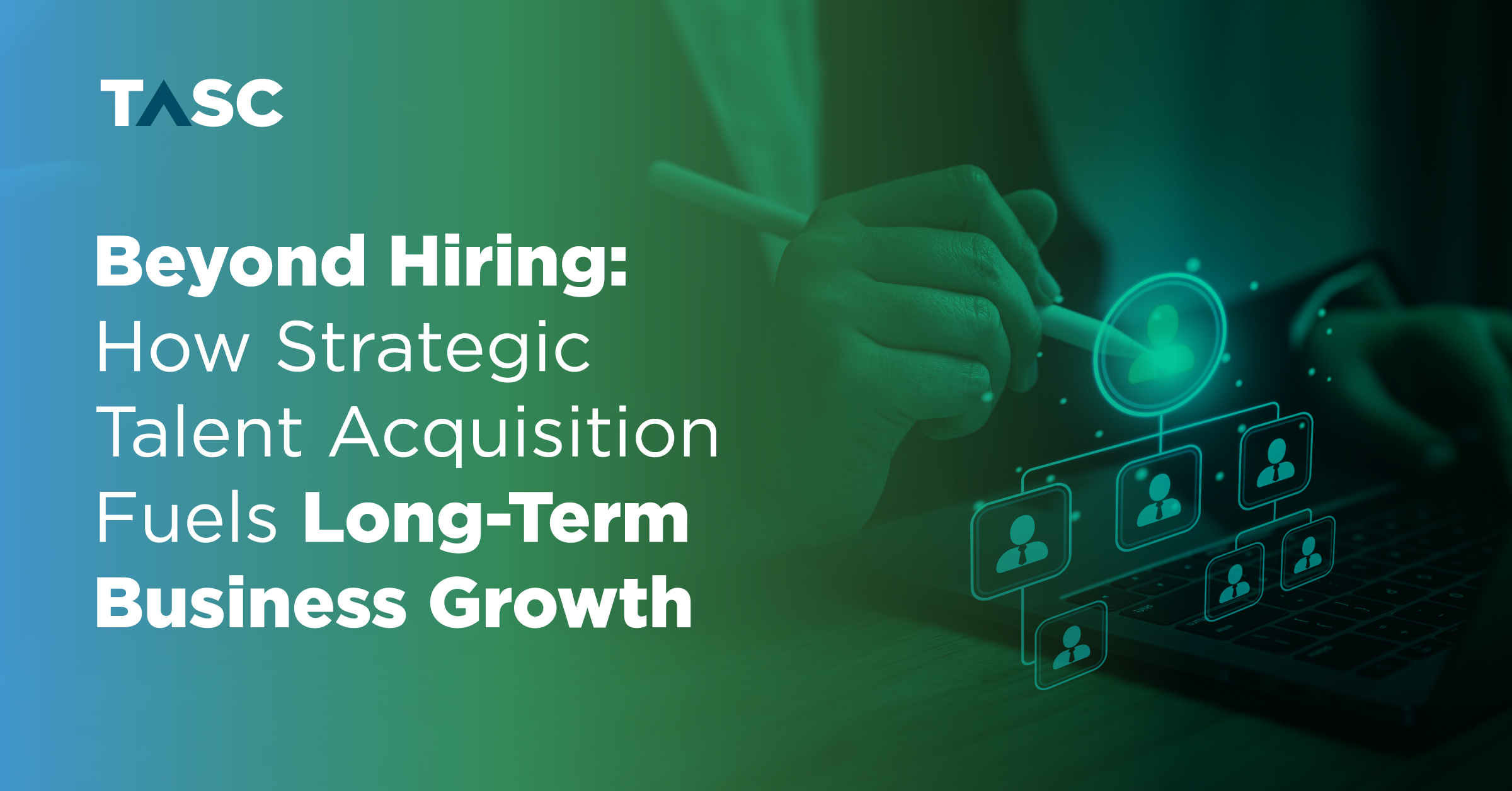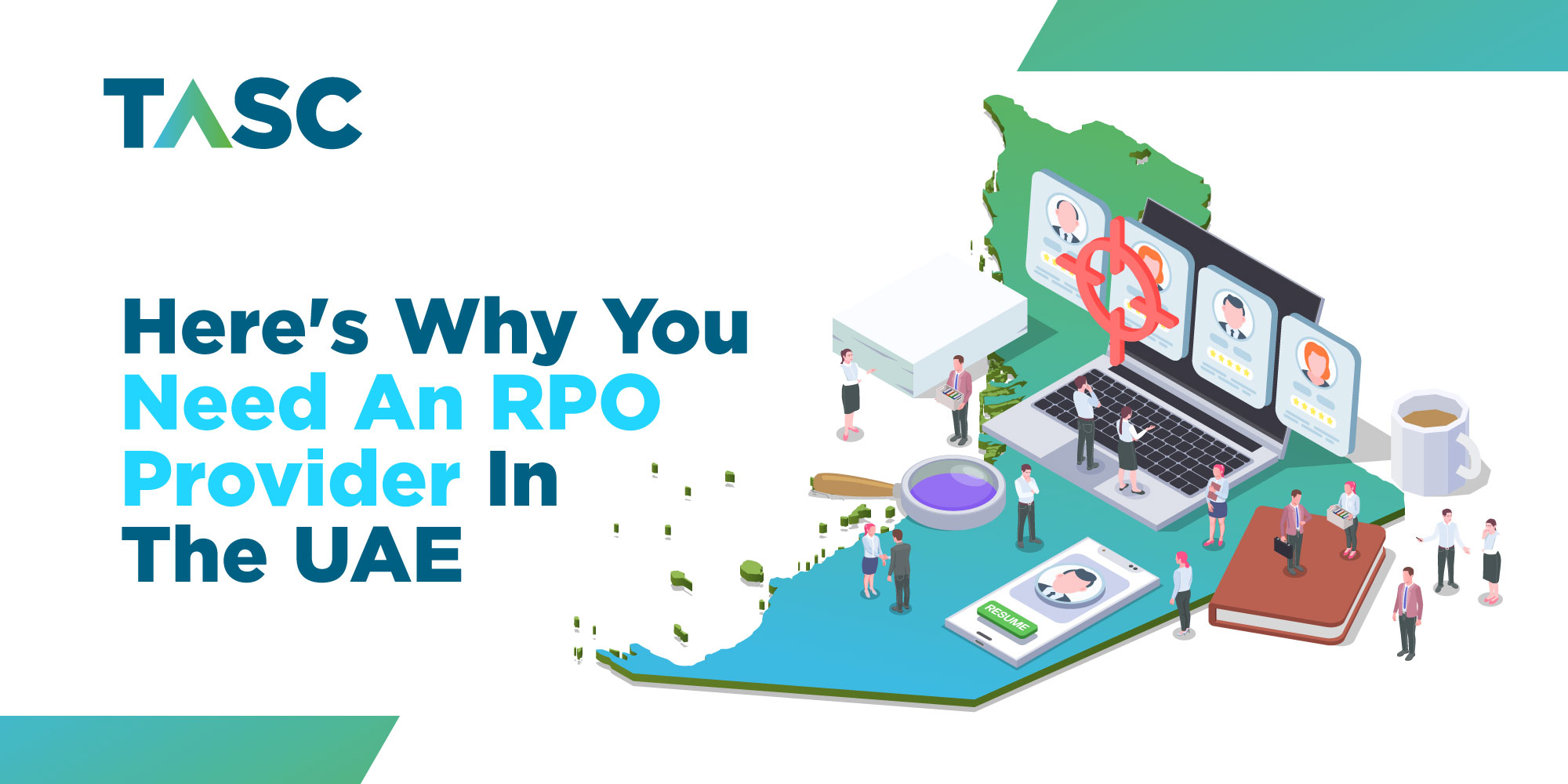AI Recruiting in 2025: The Complete Guide
The use of AI in recruitment is changing the way companies hire by introducing smarter, more efficient methods. Traditional methods often struggle with bias and inefficiencies, but AI introduces data-driven tools that streamline processes, match candidates effectively, and provide valuable insights.
However, AI recruitment isn’t without its challenges. Ensuring fairness, mitigating biases, and maintaining ethical practices are crucial. Today, we’ll look at how recruiting AI can impact hiring, from its benefits and challenges to responsible AI use and the latest tools shaping the industry.
Understanding AI in Recruitment
AI is revolutionizing how companies source and evaluate talent. Using technologies like natural language processing and machine learning, AI enhances candidate assessments, measuring enthusiasm and cultural fit through sentiment analysis.
AI’s role extends beyond automation – it provides deep insights through video interviews, analyzing facial expressions and voice tones. There are certain AI recruitment platforms that offer multilingual support, improving accessibility in diverse markets like the UAE.
AI’s integration in recruitment is growing rapidly. Companies recognize AI as a tool to complement human recruiters rather than replace them. AI-driven platforms can also evaluate cognitive and emotional traits beyond traditional resumes, ensuring a comprehensive hiring approach.
AI also enhances workforce planning and market intelligence, predicting employee retention trends and scaling recruitment efforts efficiently. By optimizing processes without sacrificing candidate experience, AI is becoming an indispensable component of modern talent acquisition strategies.
How AI is Used in Recruitment Processes
The value of AI in recruitment can be seen through improved efficiency and personalization in hiring. Recruiters now use AI for candidate sourcing and screening, automating traditionally time-consuming tasks. AI algorithms assess skills and experience objectively, reducing demographic biases and narrowing candidate pools.
Beyond efficiency, AI enhances candidate communication. AI-driven chatbots provide job recommendations based on skills and preferences while handling preliminary interactions and scheduling. This personalized approach increases candidate engagement and improves their overall experience.
AI also enables predictive analytics, identifying candidates with the highest potential for success. By learning from vast datasets, AI helps minimize unconscious bias in hiring. Research shows adaptive algorithms can mitigate bias, ensuring fairer hiring practices.
Automation extends to interview logistics, with AI-powered scheduling tools coordinating interview times, sending reminders, and managing virtual, phone, or in-person interviews. These innovations save recruiters and candidates time, making the recruitment process more efficient and seamless.
Benefits of Using AI in Recruitment
AI offers multiple advantages that enhance hiring efficiency, diversity, and overall candidate experience.
- Speed and Precision: AI reduces hiring time by automating repetitive tasks. Several companies have reported reduction in time-to-hire through AI-driven processes, improving both speed and hiring quality.
- Reduced Bias and Enhanced Diversity: AI-driven hiring minimizes unconscious bias, leading to more inclusive recruitment.
- Improved Candidate Experience: AI chatbots and personalized interactions improve engagement, increasing candidate satisfaction.
- Higher Hiring Accuracy: AI-driven analytics enhance hiring metrics, ensuring organizations select the best-fit candidates.
By optimizing hiring practices, AI empowers HR teams to focus on strategic decision-making while maintaining fairness and efficiency.
Challenges of AI in Recruitment
While AI offers numerous benefits, it also presents challenges that organizations must address to ensure ethical and effective hiring practices.
Risk of Bias in AI Models
Despite AI’s potential to reduce bias, it can inadvertently perpetuate existing prejudices if trained on biased data. Many companies are apprehensive about using an AI recruitment tool because it might propagate racial or gender biases in hiring decisions. To mitigate these risks, it is necessary that companies conduct regular AI audits, use diverse datasets, and implement human oversight.
Fear of Job Obsolescence
The increasing role of AI in hiring raises concerns about recruiter job security. However, AI is a tool to augment human decision-making rather than replace it. Recruiters should focus on developing new skills, adapting to AI-driven processes, and leveraging AI to enhance human interactions.
Ethical and Transparency Concerns
Opaque AI algorithms can undermine trust in recruitment. To ensure fairness, companies must maintain transparency regarding AI’s role in hiring and offer candidates opportunities to appeal AI-generated decisions. Human oversight remains essential for critical hiring stages.
Data Privacy and Security
AI tools process vast amounts of Personally Identifiable Information (PII), making data security a top priority. Without robust protections like encryption and secure cloud storage, candidate data is vulnerable to cyber threats. Organizations must enforce strict data handling policies, conduct security audits, and ensure compliance with evolving privacy regulations.
Responsible Use of AI in Recruitment
For AI to be a valuable recruitment tool, companies must adopt ethical and responsible practices.
- Establish AI Governance: Organizations should create AI governance frameworks that outline ethical AI deployment, involving HR, legal, and IT teams.
- Maintain Transparency: Clear communication on AI usage builds trust with candidates. Companies should provide transparency on AI-driven hiring decisions and offer appeal processes.
- Human Oversight: AI should complement human judgment, not replace it. A ‘human-in-the-loop’ approach ensures balanced, fair decision-making.
- Regular Training and Compliance: Organizations must invest in recruiter training to improve AI literacy and align hiring practices with evolving regulations such as the EU AI Act.
- Continuous Learning and Bias Audits: AI systems require ongoing improvements. Implementing feedback loops and routine bias audits ensures AI remains fair and effective.
By integrating AI responsibly, organizations enhance efficiency while maintaining ethical hiring standards and fostering candidate trust.
AI Recruiting Tools and Technologies
AI-powered tools are redefining recruitment, offering smarter and more intuitive hiring solutions.
AI-Powered Screening and Chatbots
Advanced natural language processing enables AI to assess candidate responses beyond traditional resumes. AI-driven chatbots with sentiment analysis evaluate enthusiasm and cultural fit while providing multilingual communication support—essential for diverse hiring markets like the UAE.
Leading AI Recruitment Platforms
Several companies are pioneering AI-driven recruitment solutions:
- HireVue: Uses video interview software to analyze facial expressions and voice tones, offering deeper candidate insights.
- Paradox: Provides AI-driven chatbots for seamless candidate interactions and scheduling.
- Eightfold AI: Leverages machine learning to predict long-term employee success and optimize hiring decisions.
Conclusion
AI is reshaping recruitment by enhancing efficiency, reducing bias, and improving candidate experiences. While challenges exist—such as bias, transparency concerns, and data security risks—responsible AI implementation ensures fair and effective hiring. By leveraging AI tools wisely, companies can streamline recruitment, attract top talent, and stay ahead in an evolving job market.
AI in recruitment isn’t about replacing human recruiters—it’s about empowering them with better tools. Organizations that adopt AI thoughtfully will benefit from a smarter, more inclusive, and future-ready hiring strategy.





